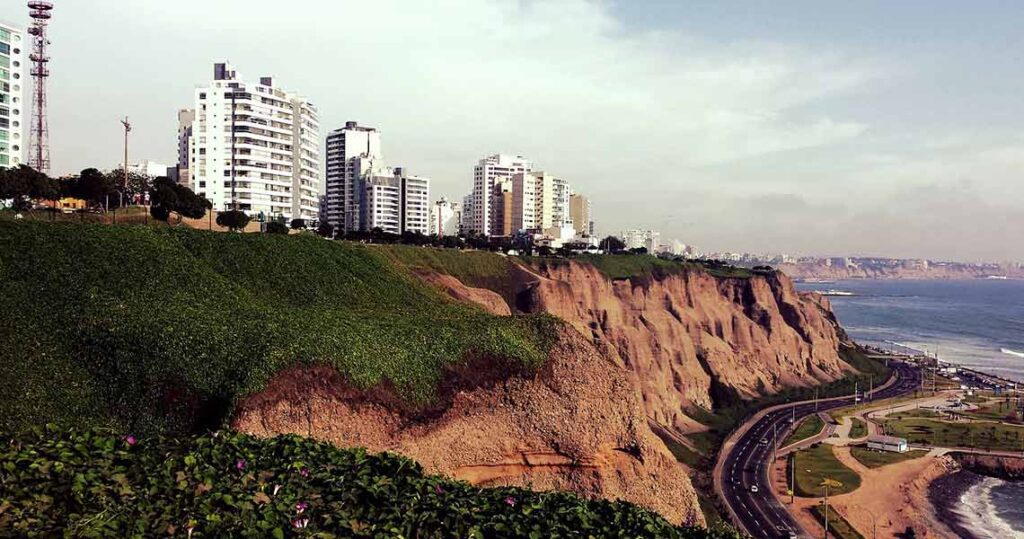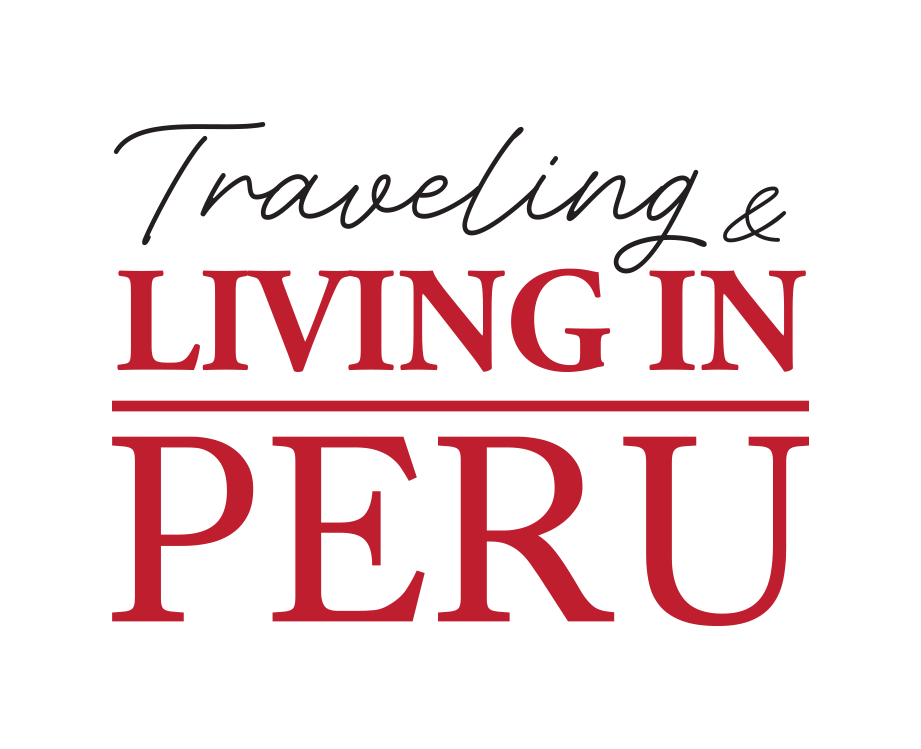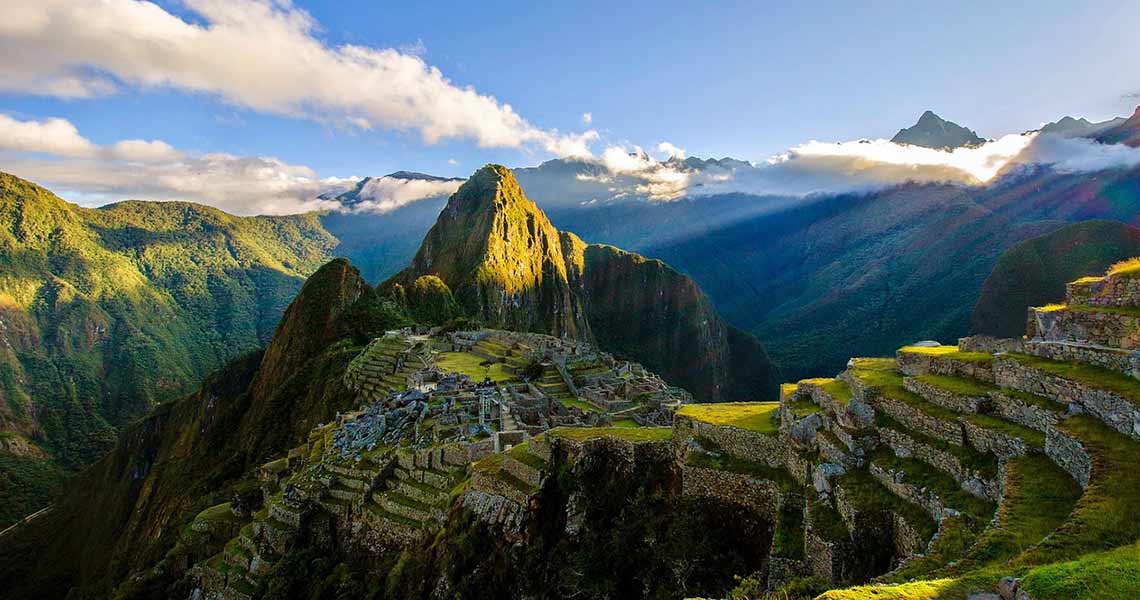Those looking to move abroad will want to read up on why expats have been choosing Peru as their new home. Are you considering relocating?
Peru might sound like an unusual choice for a relocation, compared to more well-known expat hot spots like Singapore and the USA. But this South American country plays home to a large, multinational community of expats—and there are plenty of reasons why you might care to join it.
If you’re a fan of nature, fascinated by historic sights and new cultures, or simply want to sit back and enjoy some sunshine, there are all kinds of reasons why Peru might be the choice for you. To inform and inspire, here are five great reasons why expats are moving to Peru.
1. Cost of living
With cheap groceries, low taxes, and an abundance of affordable restaurants and bars, one of the most obvious advantages of living in Peru is the cost of living. When it comes to renting, expats are often pleased to discover that accommodation is typically 80% cheaper than it is in places like the UK and USA.
Travelling from A to B is also particularly affordable. Many of the larger cities, like Lima, Trujillo and Cusco, are pedestrianized and very easy to walk around. The cost of getting a taxi doesn’t usually cost more than a few dollars either, and there are very cheap local minibuses called combis that you can take for as little as 50 cents.
One cost that’s worth considering before you set off is healthcare, as both the public and private systems in Peru charge fees for their various services. Though Peru’s food, accommodation and leisure activities are typically incredibly affordable, healthcare can be expensive if you don’t have suitable insurance to cover it.
Waiting times can also be long, so to avoid any unexpected costs or long delays before treatment, it’s wise to invest in an international health insurance plan to ensure you always have access to support when you need it.
2. The visa process
One of the biggest headaches for many expats is getting a visa, but not in Peru! The Peruvian visa process is actually very simple, particularly for retirees, and doesn’t cost too much to sort out.
The main requirement for a retirement visa, or rentista visa, is having a monthly income above $1000 and a clean criminal record. After three years of living in the country, you can then apply for naturalization – ¡tan fácil!
Other visas, such as work or student visas, are also fairly straightforward to apply for. Best of all, if you’re interested in planning a short break to Peru to scout out where you’d like to live, you don’t need to apply for additional tourist visas, as plenty of countries have unrestricted tourist access to Peru.

3. History and culture
Peru has a long history, and with ancient sites like the Incan citadel Machu Picchu and Coricancha (The Temple of the Sun), there’s more than enough for any knowledge-thirsty traveller to explore.
Along with its fascinating history, Peru is also home to a rich tapestry of cultures, from the early influences of the Incas and the Spanish colonists to the West African and Asian immigrants who arrived centuries later. This is reflected in the country’s food, and can be enjoyed in many of the Peruvian dishes we see today.
Peruvian dishes tend to be a fusion of cuisines, like Chifa, a combination of Peruvian and Chinese flavours. This cuisine came about because many Chinese ingredients are hard to find in Peru, so Chinese immigrants had to modify their recipes and incorporate more Peruvian elements. The same can be said for Peruvian music – its soundscapes and styles draw on lots of different cultures, from Peru’s Andean and Spanish connections to its African roots.
4. The weather
The weather in Peru varies across the three distinct regions: the coast, the highlands and the jungle. Each of these has a specific climate that’s worth considering before deciding where to settle.
The coastline is mostly desert and has a hot, dry climate throughout the year. Inland, towards the Andes, you’ll find yourself in the highlands, which is noticeably different. This stretch of land has two particular climates: the wet season (December-March) and the dry season (April-November).
The third region is a stretch of jungle located along the country’s eastern border. This area is typically humid due to its localised year-round rainfall, but can make for a welcome break if the heat of the capital or coastal cities becomes too much.
Whether you’re looking to spend your days by the sea, away from the rainfall, or prefer the change and balance that the Andes offer, you should find something to suit you.

5. The people
Home to a warm, tropical climate and a relatively simple visa process, Peru is often viewed simply as a place for retirees to live out the rest of their days under a parasol. But it’s much, much more.
One of the most frequently given reasons for expats choosing to settle down in Peru is the people. Filled with generosity and friendliness, Peruvians are sometimes said to be some of the nicest people in the world, always willing to lend a hand or explain parts of their heritage or culture to newcomers.
If you’re setting off on your first expat adventure, it can be as important to know you’re able to network with other expat citizens as it is to feel connected to local life. With this in mind, Lima’s Barranco, Miraflores and San Isidro districts are all great areas to move to if you’re hoping to meet other expats with whom to share your experiences. Along the coast, Mancora offers a sunny paradise between the desert and the Pacific, which also attracts a vibrant international community.
Whether you’re enticed by the low cost of living, the year-round sunshine or the rich history and culture, these are just a few of the myriad reasons why Peru is such a winning choice for expats from all corners of the globe. Suited to families, young professionals and retirees alike, this South American gem has plenty to offer for those who choose to make the move.
Author: Sabrina Bucknole is a professional copywriter from the United Kingdom. When she’s not looking for her next adventure abroad, she spends her time writing about travel, expats and living abroad.
Cover Photo: Pixabay


